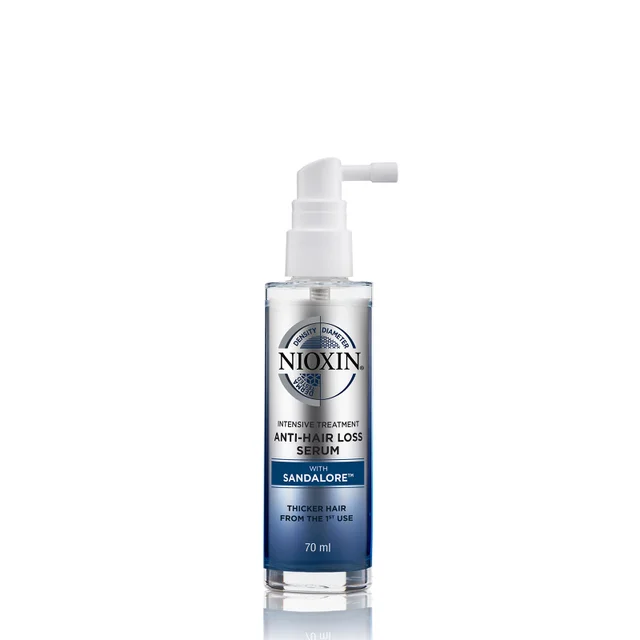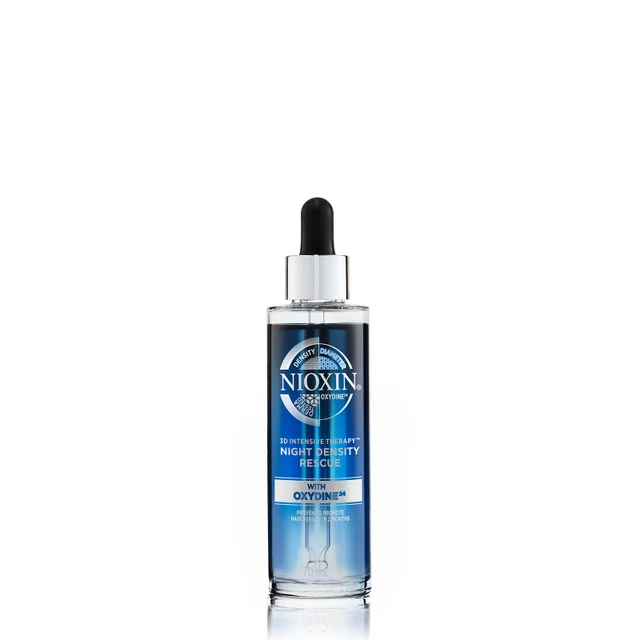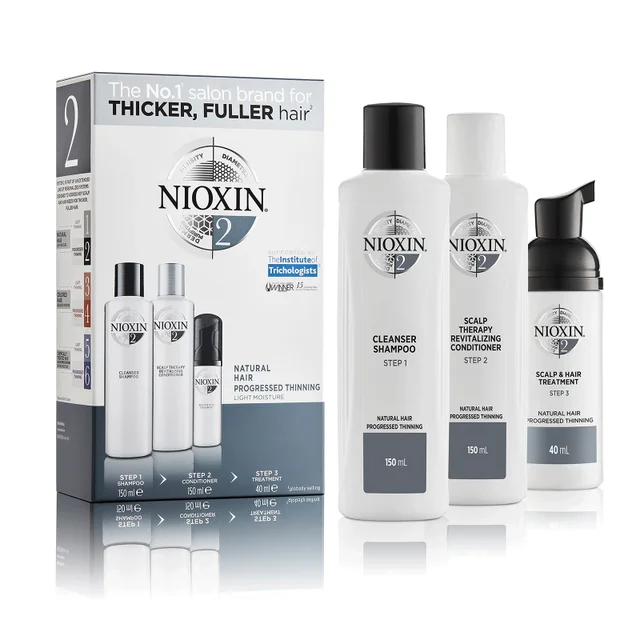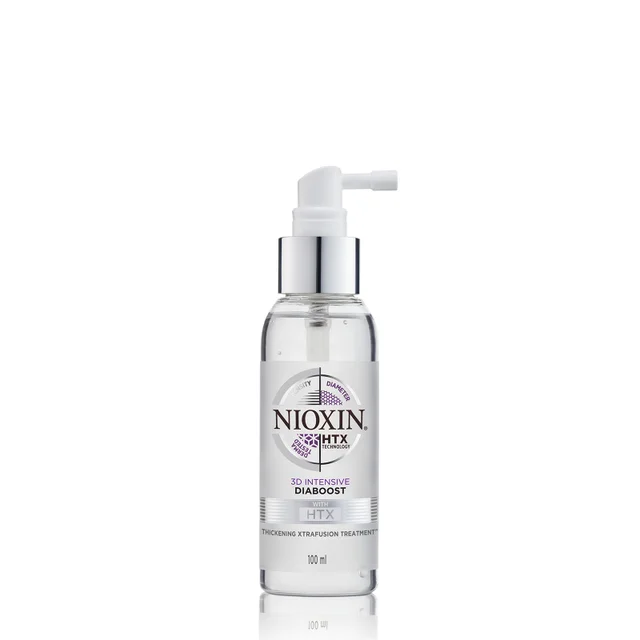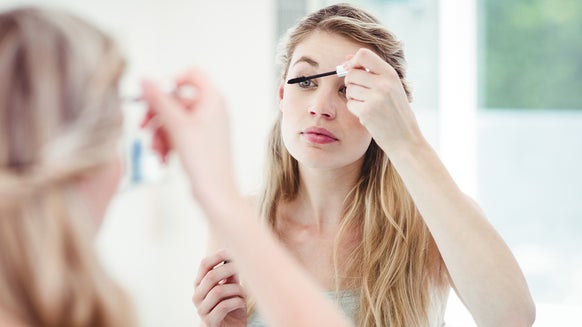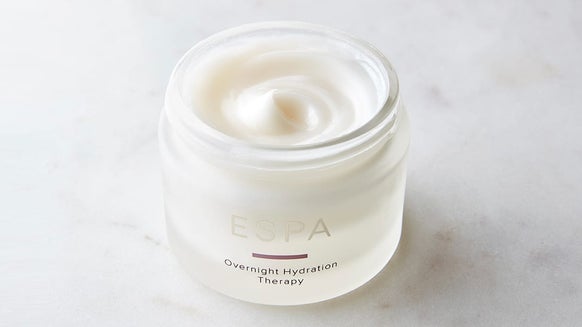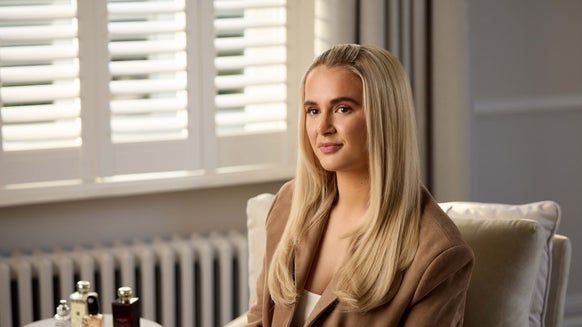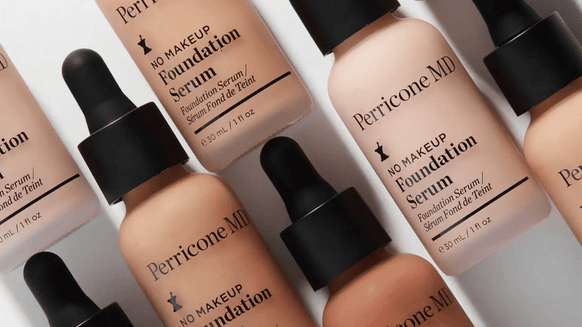What causes hair density to change?
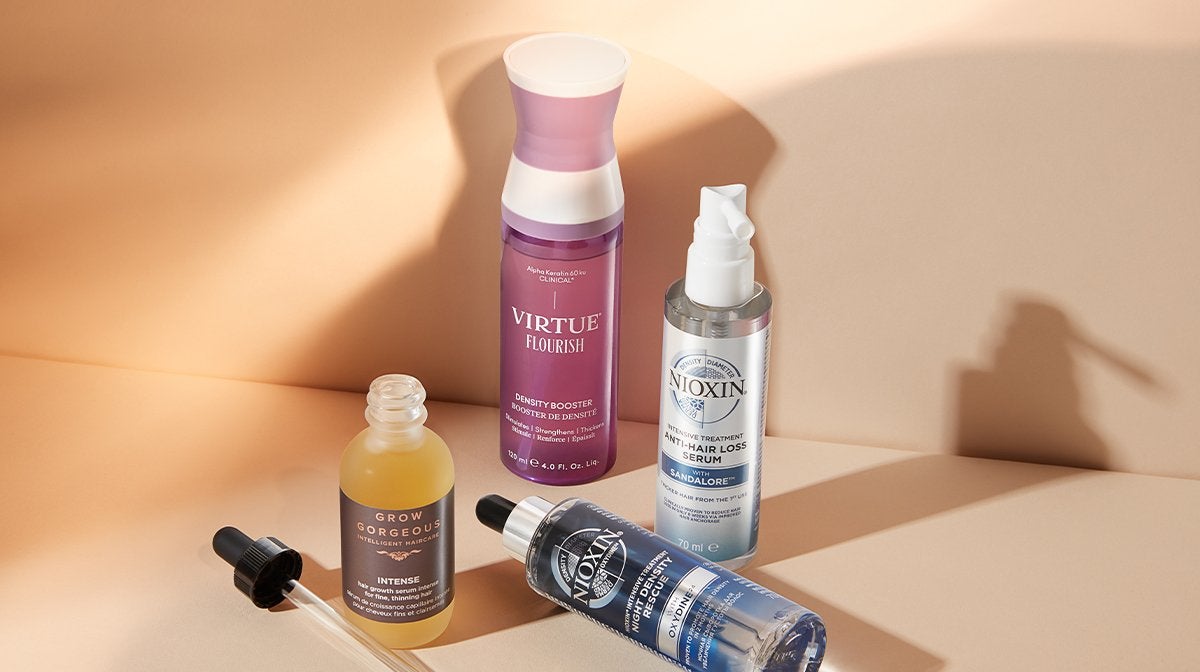
One of the most common hair concerns, creating thicker, luscious-looking locks is a key goal for most hair types. From hormonal changes to heat styling, many factors both natural and external can influencer our hair density. We spoke to the experts at Nioxin to brush up on what effects hair density and how it can change with age.
"Density describes the amount of hair strands on your client’s head. It can be categorized low, medium, or high. Low density hair has fewer individual strands, high density has lots of strands and medium is somewhere in between" explains Mark Blake, Trichologist at Nioxin UK and Ireland. Not to be confused with hair texture, which Mark clarifies refers to "the thickness of the individual hair strands on your client’s head, and can be categorized as: fine, normal, or coarse".
"Inherited genes are responsible for hair thickness, texture, and density" says Mark. "Different ethnic backgrounds can also influence thickness and density of hair. Polymorphisms in the EDGAR gene are responsible for straightness and thickness of the hair, most notably in east Asian populations. A gene called TCHH is responsible for variations of hair texture most noticeably with people of northern European ancestry. Genetics play a major role in what hair we are born with, EDAR and TCHH genes are just some of the many genes that influence individual hair traits".
"Hair follicles are fully developed around the age of 15" states Mark, adding that around 100 hairs a day is normal hair fall for the average woman. "For most females’ hair begins to decrease in density because of a drop in hair friendly hormones and the also body’s inability to absorb vitamins and minerals as it used to when they were younger, usually around the perimenopause unless there is a nutritional issue" he adds.
"A nutritional reduction to the hair follicle can have a dramatic impact on the quality and strength of the hair you grow. A natural reduction as females age in the hair friendly hormones progesterone and oestrogen cause the hair growth cycle to shorten and each individual hair to miniaturise in diameter".
Other causes for a decrease in hair density include:
- Poor nutrition
- Stress
- Poor health
- Hormones
- Heredity factors
- Medications
- Hairdressing practices/mechanical damage
"Hair density can be increased by keeping more hair in the growing phase (anagen phase) for longer, making sure you have more hair in the growing phase than normal (normally 85% of hair is in the growing phase and 15% in the resting phase)" explains Mark. This can be done, he reveals, "by using the Nioxin Anti Hair loss serum with Sandalore as it increases root anchorage, helping to stop the hair from falling out prematurely" he explains. The ground-breaking formula works in just 8 weeks to create thicker-looking hair, however Mark stresses, "As with anything it’s not a one-time use product and we would recommend supporting prolonged effects to use it daily to give you the best hair you can possibly have". "Making sure your nutritional levels are an optimum level also helps hair density" adds Mark.
Mark also advises following your daytime use of the Nioxin Anti Hair Loss Serum with nightly use of the Nioxin Night Density Rescue. "It’s a leave-in Antioxidant hair serum clinically proven to boost hair density in 2 months because of its powerful blend of antioxidants known to neutralize free radicals on the scalp surface".
"Puberty can affect hair for different reasons" begins Mark. "For females, beginning their periods, they may find that their iron levels start to drop, this can have a massive impact on hair density. Teenagers at this age also are trying to find their identity and may express themselves in what they eat or don’t eat triggering certain types of nutritional hair loss" he continues. "As teenage hormones kick in a small percentage of teenagers may also start to experience hereditary hair loss".
"Hair density is thicker during pregnancy because of elevated oestrogen and progesterone levels, these hair friendly hormones make your hair grow faster and less likely to fall out" explains Mark. "Normally you have around 85% of your hair in the growing phase and 15% in the resting phase, however during pregnancy the number of hairs in the growing phase may rise to 95% with only 5% of hairs in the resting phase".
However, he reveals that this doesn't last past pregnancy; "a few months after giving birth, hormone levels start to return to normal and so does your hair, all the extra hair gained during pregnancy starts to shed". To combat this shedding, Mark recommends using the Nioxin system kits. "They are the perfect way to help maintain your scalp health and hair health, there are 6 different variants of shampoo and conditioner, so they have all hair types covered to keep your hair and scalp clean and conditioned".
"Hair density can be affected after childbirth because of a reduction in oestrogen" confirms Mark. "This causes the hair to resume its normal shedding phase as the hair will have stopped shedding hair during pregnancy for several months. This phenomenon is called post-partum telogen effluvium and will cause a temporary reduction in hair density. Hair usually returns to its normal growing cycle after several months" he reassures.
To help deal with post-partum hair loss, Mark recommends eating a diet rich in protein. "Your hair has an insatiable appetite for protein and is the second hungriest cell in the body, with the cells in the follicle dividing every 23-72 hours, hair needs around 25% of your daily protein intake" he explains. "Hair is made up of around 85% protein so it’s obvious you need plenty of protein. His top go-to products post-partum include the Nioxin Hair Booster, "designed to be applied directly to the scalp focusing on any areas of concern, such as the hairline where most females see hair loss postpartum. This energising product helps stimulate the follicle and protect the hair fibre. finally Diaboost Xtrafusion Treatment boosts the existing hair diameter instantly and protects the hair from breaking allowing it to grow".
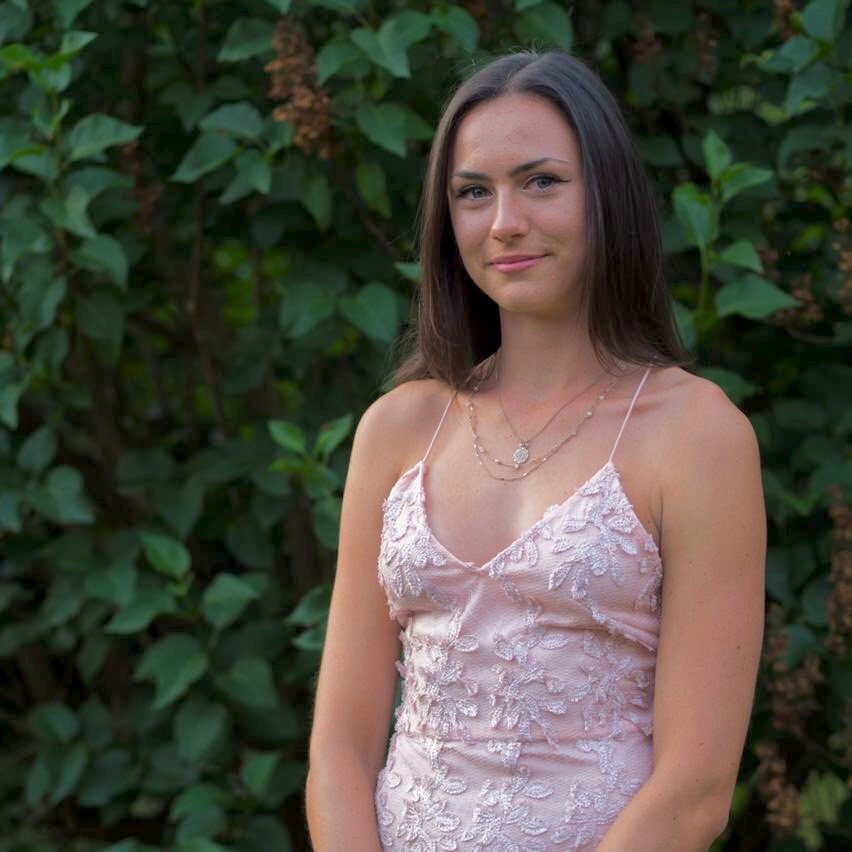
Working with brands at LOOKFANTASTIC for over two years I have developed my knowledge of all things beauty from key skincare concerns to niche makeup tricks and haircare hacks. I have a major passion for finding effective solutions that are easily accessible to everyone so that we can all achieve our best, glowing complexion.
